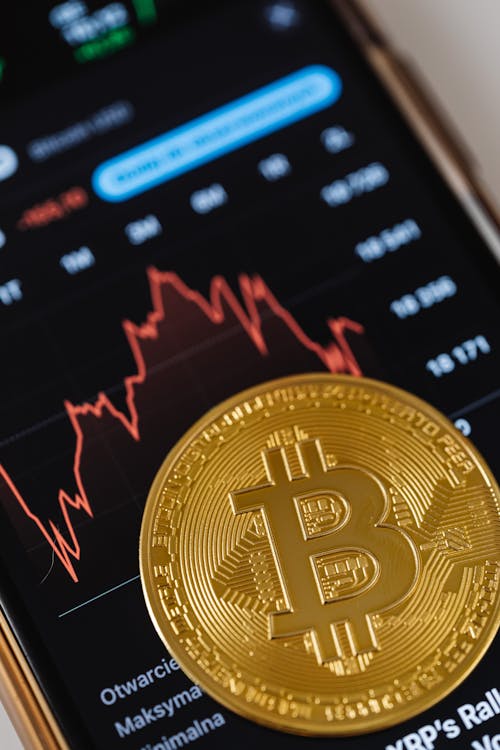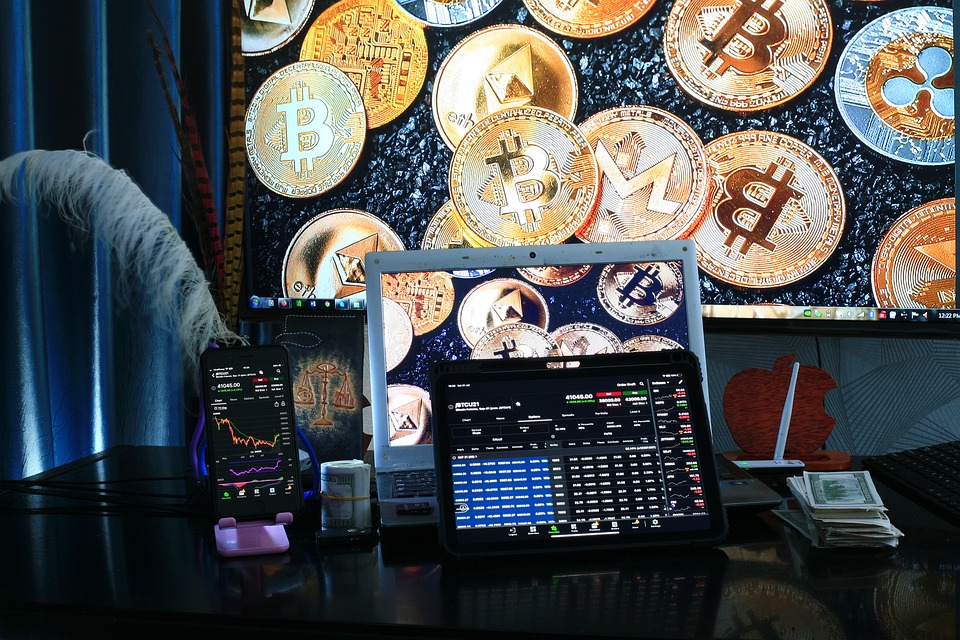The world of digital assets is continually evolving, and one of the most transformative developments is the tokenization of real-world assets (RWA). As blockchain technology advances, new trends in asset tokenization are emerging, offering unprecedented opportunities for investors.
With the guidance of our digital asset consultants, this guide explores the latest trends in real-world asset tokenization, helping investors stay ahead of the curve and capitalize on these innovative developments.
Understanding Real-World Asset Tokenization
Real-world asset tokenization involves creating digital tokens on a blockchain that represent ownership of physical or intangible assets. These can include:
- Real Estate: Residential and commercial properties, land, and infrastructure.
- Fine Art and Collectibles: Paintings, sculptures, rare coins, and other valuable items.
- Commodities: Natural resources like gold, oil, and agricultural products.
By tokenizing these assets, they become easily tradable, opening up new investment opportunities and democratizing access to traditionally exclusive markets.
Emerging Trends in Asset Tokenization
Several emerging trends are shaping the future of real-world asset tokenization:
1. Integration with Decentralized Finance (DeFi)
One of the most significant trends is the integration of real-world asset tokens with decentralized finance (DeFi) platforms. DeFi, a rapidly growing market projected to reach $26.17 billion in revenue by 2024 and $37.04 billion by 2028, allows for lending, borrowing, and trading without traditional intermediaries.
Investors can unlock new financial opportunities by incorporating RWA tokens into these DeFi ecosystems. They can leverage their physical assets to gain liquidity, earn interest on their holdings, or use them as collateral for loans. This integration is expanding the use cases for RWA tokens, making them more liquid and valuable.
2. Enhanced Regulatory Frameworks
As the market for asset tokenization grows, regulatory bodies worldwide are developing clearer frameworks to govern these digital assets. Enhanced regulatory clarity is crucial for building investor confidence and ensuring the legal recognition of tokenized assets. Jurisdictions that provide supportive regulations will likely attract more projects and investments in tokenization, fostering innovation and growth.
3. Tokenization of New Asset Classes
Beyond traditional assets like real estate and art, tokenization is expanding to include new asset classes. Intellectual property, music rights, patents, and even personal data are being tokenized. This trend is diversifying the types of assets available for investment, offering new opportunities for portfolio diversification and risk management.
4. Increased Institutional Participation
Institutional investors are increasingly recognizing the potential of asset tokenization. Financial institutions, hedge funds, and asset management companies are exploring tokenized assets as part of their investment strategies. This increased participation is driving the development of more sophisticated tokenization platforms and services, which can cater to the needs of institutional investors.
5. Improved Security and Compliance
Security and compliance are paramount in the digital asset space. Emerging trends in asset tokenization include the implementation of advanced security measures, such as multi-signature wallets, secure custody solutions, and rigorous compliance protocols. These enhancements ensure the safety of tokenized assets and align with regulatory requirements, making them more attractive to investors.

6. Interoperability Across Blockchain Networks
Interoperability between different blockchain networks is becoming a critical trend. This allows for seamless transfer and exchange of tokenized assets across various platforms, enhancing liquidity and accessibility. Interoperability solutions like cross-chain bridges and standardized protocols facilitate a more connected and efficient digital asset ecosystem.
7. Rise of Fractional Ownership
Fractional ownership is a growing trend that allows investors to purchase a fraction of a high-value asset. This democratization of investment allows a broader range of investors to access assets like luxury real estate, fine art, and rare collectibles. Fractional ownership also enhances liquidity, as smaller shares of assets are easier to trade.
8. Development of Secondary Markets
The growth of secondary markets for tokenized assets is another emerging trend. These platforms enable trading RWA tokens after their initial issuance, providing liquidity and price discovery. Secondary markets are crucial for the maturation of the tokenization ecosystem, allowing investors to buy and sell tokens more easily.
9. Integration with Traditional Financial Systems
As tokenization gains traction, there is a growing trend of integrating tokenized assets with traditional financial systems. Banks and financial institutions are exploring incorporating blockchain technology into their infrastructure. This integration can streamline processes, reduce costs, and enhance the efficiency of asset management and transactions.
10. Focus on Sustainability and Ethical Investing
Sustainability and ethical investing are becoming increasingly important in the financial industry. Asset tokenization aligns with these values by enabling investments in green projects, renewable energy, and socially responsible initiatives. Tokenized assets can offer transparency and traceability, ensuring investments align with investors’ ethical standards.
Real estate is expected to become the largest tokenized asset by 2030, occupying nearly one-third of the overall market. According to a forecast made in 2023, real-world asset (RWA) tokenization is projected to account for less than one percent of the entire RWA market. This highlights the immense potential for growth in this sector, making it a key focus for investors and developers alike.

Implications for Investors
The emerging trends in asset tokenization have significant implications for investors:
1. Diversification Opportunities
By tokenizing a wider range of assets, investors have more opportunities to diversify their portfolios. This diversification can help manage risk and improve overall investment performance.
2. Enhanced Liquidity
The integration of RWA tokens with DeFi platforms and the development of secondary markets are enhancing tokenized asset liquidity. Investors can buy, sell, and trade these assets more easily, providing greater flexibility and agility.
3. Access to New Asset Classes
The tokenization of new asset classes, such as intellectual property and personal data, is opening up novel investment opportunities. These assets offer unique characteristics and potential returns, allowing investors to explore new market areas.
4. Increased Institutional Interest
The growing participation of institutional investors is bringing more credibility and capital to the asset tokenization space. This trend is driving the development of more robust and sophisticated platforms, benefiting all investors.
5. Alignment with Ethical and Sustainable Investing
Tokenized assets that focus on sustainability and ethical investing are appealing to investors who prioritize these values. This alignment can attract more investors and support positive social and environmental outcomes.
The landscape of real-world asset tokenization is rapidly evolving, with emerging trends shaping its future. These developments offer exciting opportunities for investors, from integrating with DeFi platforms to tokenizing new asset classes. By staying informed about these trends, investors can stay ahead of the curve and make informed decisions in this dynamic market.

Seize the Future of Asset Tokenization with Kenson Investments
As the landscape of real-world asset tokenization continues to evolve, now is the perfect time to capitalize on emerging trends and innovative opportunities. Kenson Investments is here to provide strategic guidance and cutting-edge solutions to navigate this dynamic market.
Partner with our team of digital asset consulting experts to explore how blockchain asset investments and comprehensive digital asset investment solutions can enhance your portfolio. Whether you want to diversify your investments, leverage new asset classes, or align with ethical and sustainable investing principles, Kenson Investments has the expertise and resources to help you succeed.
Contact Kenson Investments today to learn how we can support your investment journey and help you stay ahead of the curve in the rapidly evolving world of asset tokenization. Let’s work together to build a resilient and diversified investment portfolio for the digital age.
Disclaimer: The information provided in this blog is for educational and informational purposes only and should not be construed as financial advice. Cryptocurrency investments involve inherent risks, and past performance is not indicative of future results. Always conduct thorough research and consult with a qualified financial advisor before making investment decisions.














